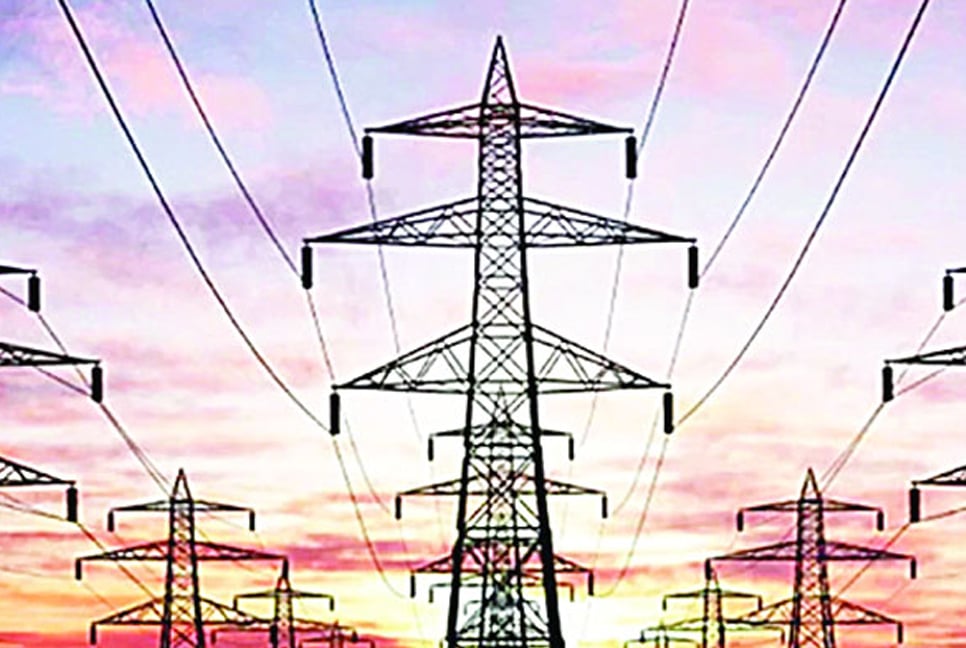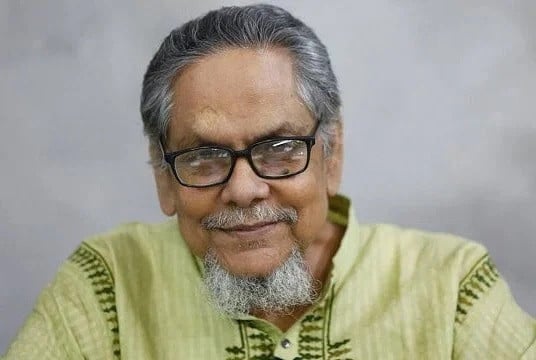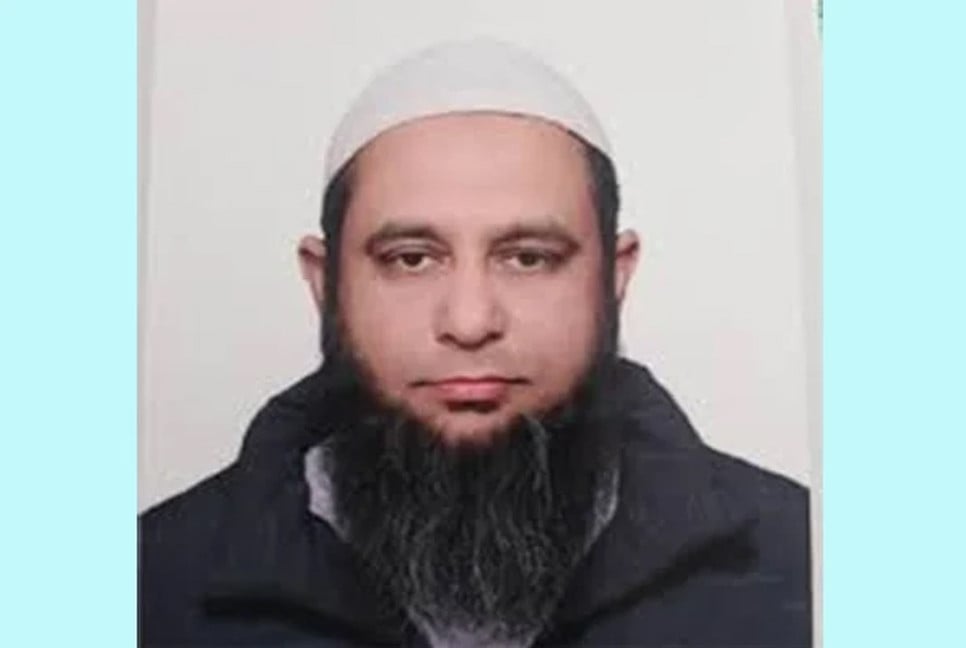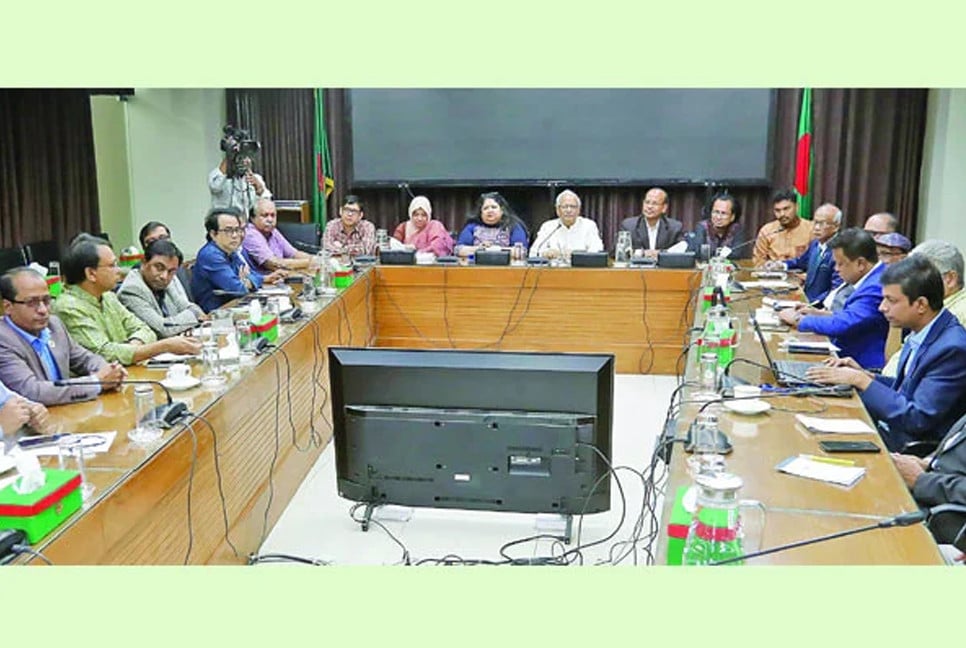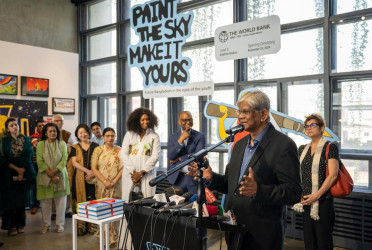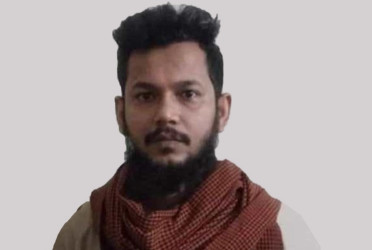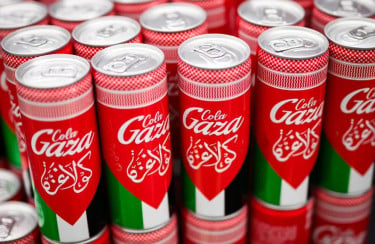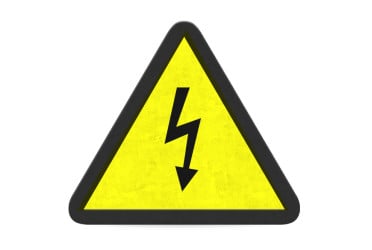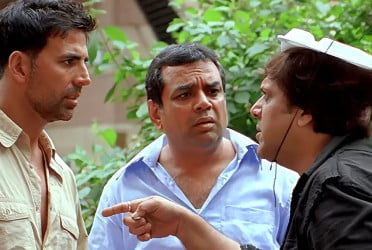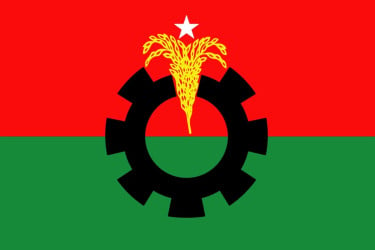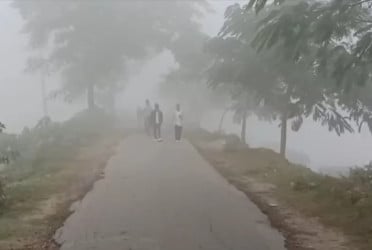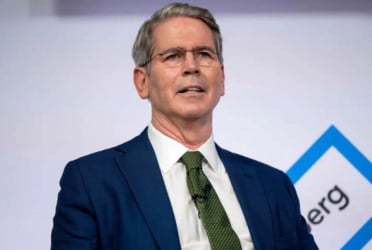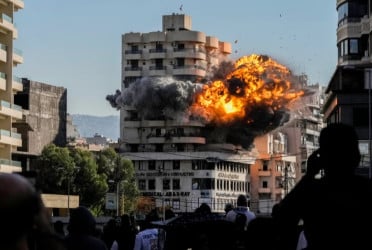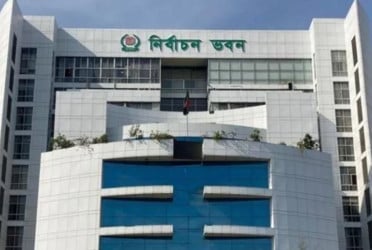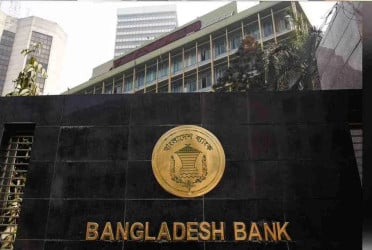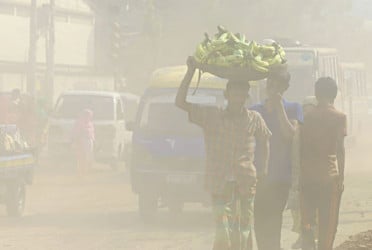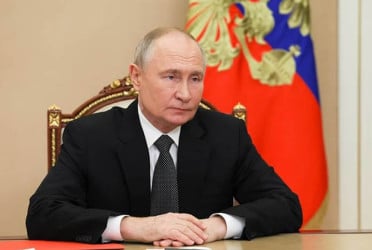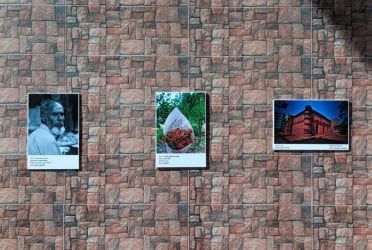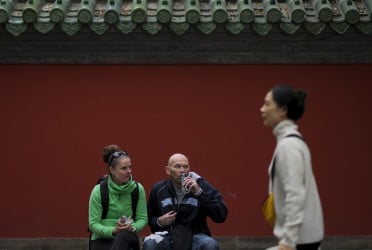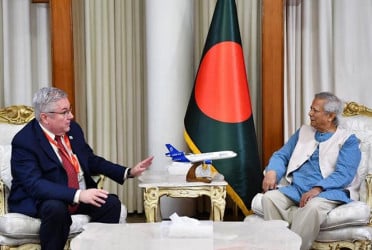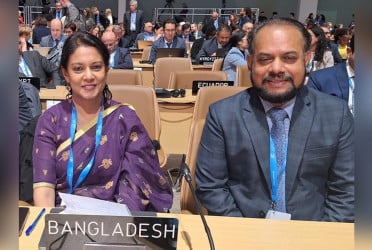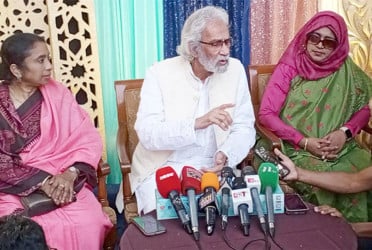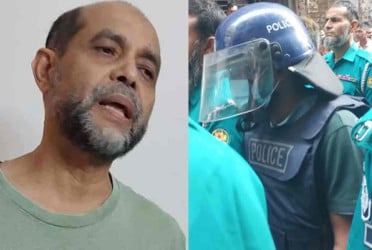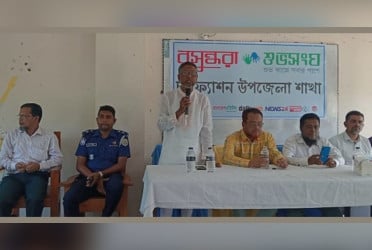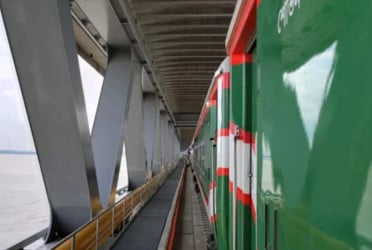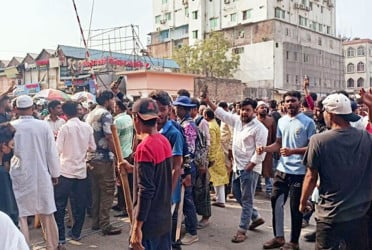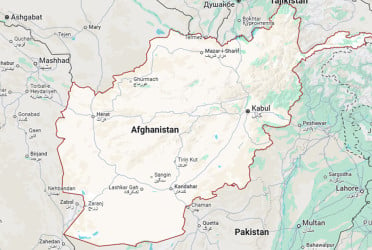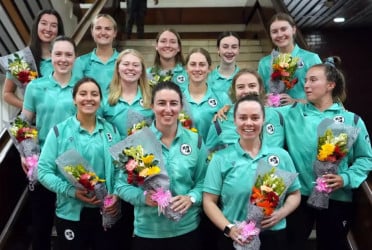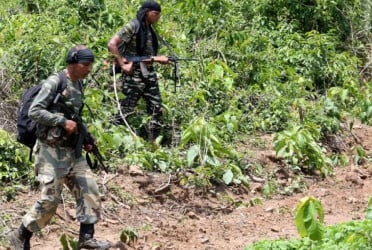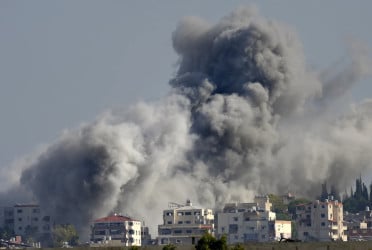The former government led by Awami League had shown a shameless exhibition of plundering money in the name of capacity charge in electricity sector in last 15 years. During this period, the electricity plants have been permitted to pro-Awami League businessmen by forming ‘impunity law without tender’ or ‘quick supply of power law’ in 2010. These private power stations were permitted on the condition of utilizing 80% to 85% of their capacities. However, they’ve been able to utilizing 25% to 30% of their capacities. That means the stations remain idle in 70% to 75% time a year without generating the electricity. The power plants got permission despite of their having no necessity, but the pro-Awami League people grabbed Tk 1,06,000 crore in the name of capacity charge through it. Hence, the cost in electricity industry was increased day by day and its burden was borne by the common people. The frequent rising of price of electricity is another outcome of this ill practice.
Energy experts told The Bangladesh Pratidin that charging capacity by leaving power plants idle means that the government is wasting or stealing them. If a center is used very little during a year or the centers which are not used at all are kept as standby, then there is no question of keeping them operational. According to the annual report of PDB, from the financial year 2008-09 to the financial year 2017-18, the capacity charge to IPP and rental centers was about Tk 43,500 crore. In the next five years, from FY 2018-19 to 2022-23, the capacity charge was around Tk 63,500 crore. A review of the data shows that 81 percent of the subsidy given to the power sector is spent on payment of capacity charges. In the revised budget for the financial year 2023-24, the subsidy in the power sector is estimated at Tk 39, 040 crore 79 lakh. And only for the rent of the power plant, the estimated cost is more than Tk 32 thousand crore.
Currently, the power generation capacity in the country is 26, 578 MW. Out of this, 13,500 megawatts of electricity is used during normal times. And if the temperature increases, it stands at 16,500 megawatts. That is, even if the maximum capacity of electricity is used, the power plant with a capacity of about 11,000 megawatts remains idle. And these centers are getting capacity charges even without generating electricity. A study by the Center for Policy Dialogue (CPD) last year found that most of the electricity subsidy money goes to meet capacity charges of private power plants. Additionally, a report by the Planning Commission's Implementation, Monitoring and Evaluation Department (IMED) also admitted that the practice of charging capacity to power plants is a kind of 'Looting Model' and is the result of opportunistic contracts. Prior to the formation of the Awami League government in 2009, the former caretaker government had allowed the construction of eight quick rental power plants through tenders. That year, the Awami League government allowed the construction of 32 quick rental centers without applying tenders. An emergency special law was passed by the National Assembly in 2010 for two years to escape tender. Later, the term of the law was extended several times till 2026. 72 Rental and Independent Power Producer (IPP) centers are permitted under this Act. Most of these power plants were acquired by influential and close businessmen of the then government without facing any competition. Among them are groups like Summit, Orion, Desh Energy, Doreen Power, United and Energypac. At that time Summit Group was at the top of getting power plant without tender. This group, which was close to the government, ran by the family business of Faruq Khan, six term consecutive MPs of Awami League from Gopalganj-1 constituency and former aviation minister. Summit's seven power plants have received a rent of Tk 1,957 crore. In addition, 5 power plants of United Group got Tk 1, 682 crores. Confidence Group got 6 power plants without tender. The group is ranked third in terms of centers’ rent. They got Tk 962 crores for 6 centers. Banglacat's 4 power stations are in the fifth place in terms of center rent, which was Tk 883 crore. And the sixth was Singapore-based Sembacorp with rented amount of Tk 785 crore. US-based APR Energy is in the seventh place with Tk 680 crore. The ninth Doreen Group has 6 power plants, with a rent of Tk 651 crore and the tenth place’s Desh Energy's four power plants get a rent of Tk 515 crore. Among them, the owner of Doreen Power is the son of the former president of Chhatra League late Noore Alam Siddiqui and Tahjeeb Alam Siddiqui who won the parliamentary elections in 2014 and 2018 on the nomination of Awami League from Jhenaidah. Desh Energy is the organization of late Mayor Anisul Haque of Dhaka North City Corporation.
A review of the data provided by the outgoing government shows that power plants are sitting idly at least 30 to 40 percent of capacity during peak hours. But still the terms of 5 rental power plants were extended last year. Their combined capacity is around 600 MW. The centers came for a period of three years. During this period the owner of the centers withdraws the investment along with the profit. However, the terms of the centers were extended from time to time. Due to the latest extension, these centers will have to pay about Tk 5 thousand crores annually. Among the extended plants, there are Summit's 120 MW plant located in Narayanganj, Powerpack's 100 MW in Keraniganj, 100 MW plant in Meghnaghat and IEL's 100 MW in Dutch-Bangla, 100 MW in Zuldar, 50 MW in Ashuganj and 50 MW in Fenchuganj.
Consumers Association of Bangladesh’s (CAB) energy advisor Professor M Shamsul Alam said, “The unreasonable and predatory expenditure in the name of capacity charges should be eliminated. Therefore the Power Perceive Agreement created must be void. It would be troublesome for the government to cancel it as it was done by the previous government. This should be canceled by the people with the cooperation of the CAB. In this case, the government will be neutral in doing the task. The people will cancel the contract due to the loss of consumer interest. For this, the price of electricity will be determined on the basis of the fair cost. Based on this, the capacity charge or power plant rental price will be determined. How much the capacity charge has actually been in the power sector in last few years has to be determined separately for each power plant. And to figure this out, the task should be given to the regulatory commission in an impartial manner. However, those sitting in the regulatory commission are not eligible for this position. For this reason, this place also needs to be changed. If the previous government does not produce electricity with the power generation capacity of the country, then the capacity charge for that amount of power cannot be given to those power plants. It can't be fair. And this issue also needs to be established by the consumers in the legal process.”
Originally, the Awami League government approved high-cost rental and quick rental power plants at a time under the Immunity Act without the application of tender. In 2010, it was said that these power plants would be built to meet the emergency demand. But they could not be stopped even in the last decade and a half. The Awami League government has been increasing the production capacity compared to the electricity demand in three terms. It pays regular capacity charges even if it does not buy power from the installed power plants. During the period of Awami League being in power, many centers were inactive and got rent even without production. And most of these centers are owned by influential businessmen close to the ousted Awami League government. Subsidies to the power sector have increased to pay the rent of these centres. In 2008, there was a subsidy of Tk 900 crore in the power sector, but later it increased to Tk 40 thousand crore due to central rent as more than 80 percent of the subsidy is spent on center rent.
(The report was published on print and online versions of The Bangladesh Pratidin on August 19 and rewritten in English by Lutful Hoque Khan)

